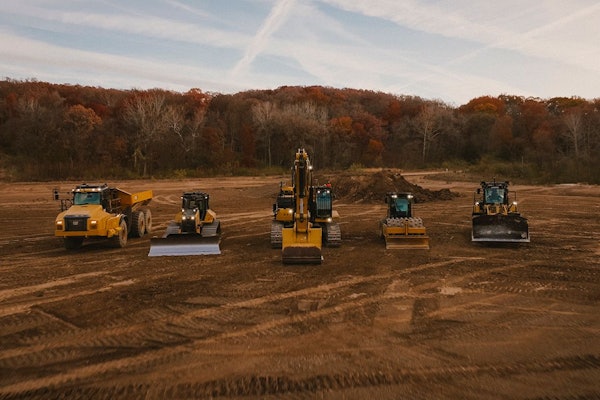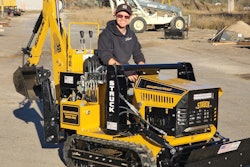I picked up the Sunday edition of the local newspaper last week, and there on the front page was a mess: The lead photo showed what looked like a jumbled mass of rebar, twisted, bent and contorted into unrecognizable shapes. Closer inspection revealed the mess in the picture was the remains of a crane boom that had toppled the previous day. This particular crane was moving slabs of concrete from the end zone stands as part of a project to refurbish the University of Alabama’s football stadium. The good news was no one was injured in the accident. The bad news, of course, was one contractor’s slightly used crane was now a total loss and a time-sensitive project (college football’s first 2005 kickoff is only 10 days away as I write this) was put further behind schedule.
Pondering this incident, the first thing that came to my mind was that the operator hadn’t referred to the load chart before attempting this disastrous lift. The operator wasn’t named in this news report, and no official cause for the accident has been rendered yet. But the incident does remind us that perhaps the most worrisome decision a contractor ever makes is, who do I choose to operate my most complicated and expensive pieces of equipment?
Every day, Equipment World readers must make that decision and literally place an inordinate amount of trust in the hands of their employees. In order to make that decision, contractors must determine what the risks of operating in a certain environment are and then gauge a potential operator’s training, experience, temperament and proficiency levels accordingly. Once a decision is made, the contractor can only hope his instincts were right – an uncertainty that begins when the truck, trailer and equipment leave the yard in the morning and doesn’t subside until they all return later in the day.
Why is it so hard to find trustworthy, capable operators? Is it solely the small number of equipment operators available today? Should the construction industry, unions or government agencies be doing more to license heavy equipment operators? Or is the increasing volume of business many contractors are experiencing causing shortcuts to be taken in many companies’ training programs?
Proficiency – or the lack of it – is the real key to success or failure in any business. And proficiency is ultimately possible only with proper training. Once a young employee is proficient at a task, he or she is able to gain experience. And over time, those two traits lead to skill and competence.
Some may say they cannot afford the time or expense for this type of on-the-job training. I say properly training employees is never more important than when companies are busy. Many of the utility strikes discussed in this very issue were made by inadequately trained operators. And the companies they worked for paid heavily in fines, lawsuit settlements and lost productivity as a result.
We’re all busy these days, and thankfully so. But for the safety of your business, your employees and your community, don’t use your hectic schedule as an excuse to skimp on proper training techniques.






